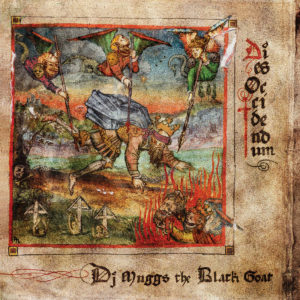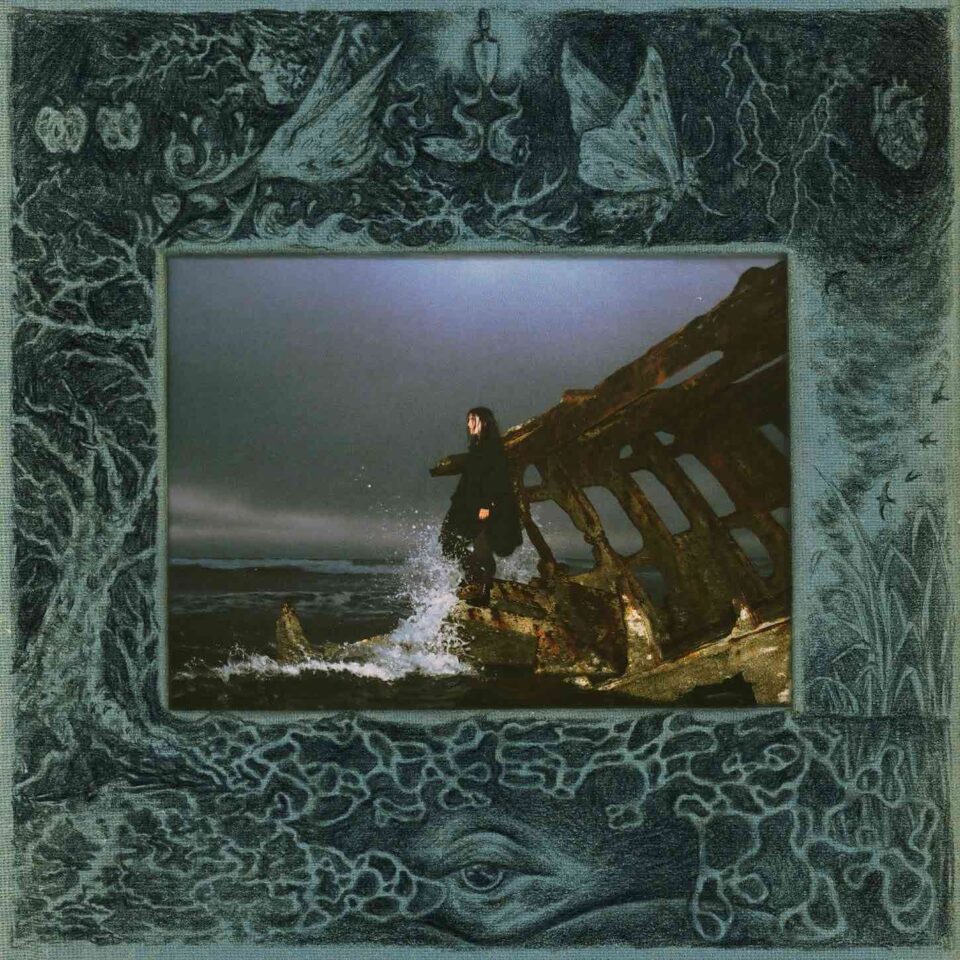 DJ Muggs the Black Goat
DJ Muggs the Black Goat
Dies Occidendum
SACRED BONES
8/10
If you happened to stop listening to rap music before the new millennium, you’d likely be shocked that DJ Muggs is still going. You’d likely be even more shocked by the fact that he remains one of the most in-demand producers in rap today. Ready for one more? Not only is he highly regarded, but each new generation of rappers solicits the beatmaker for a collaboration―he’s not just sticking to working with friends from back in the day.
The producer came up with Cypress Hill and parlayed that work into his groundbreaking solo project, Soul Assassins. His first SA record, Soul Assassins I, featured a who’s-who of rap stars, including verses from Dr. Dre, Mobb Deep, and KRS-One. Mighty fine laurels to rest on, sure, but Muggs has never stopped. He’s also not one of those cats that sits on his stoop all day talking about how rap was better way back when—Muggs is an evolutionary producer, as adept at capturing the sounds of the 2020s as he was the 1980s. His latest album, Dies Occidendum, solidifies his place among today’s crop of star producers.
Though Muggs made a name for himself with the West Coast weed kings in Cypress Hill, the producer has New York rap coursing through his veins. He was born in Queens, but moved to LA as a fourteen-year-old. There’s no battle of the coasts in Muggs’ music. He takes liberally from both scenes, an advantage he has over other producers tethered to a particular sound. In the past few years, he’s attached himself to the new school of grimy, dusty NYC rap, working with Mayhem Lauren, Roc Marciano, Mach-Hommy, and Atlanta’s Tha God Fahim. He even put out a record with Massachusetts’ brightest star in years, Al Divino. If you’re an A&R, you could save some time by just looking at who Muggs is working with.
Dies Occidendum is dark and foreboding, stocked with bass-heavy synths and trap drums. The vocal snippets are taken from opera samples, like on “The Chosen One,” and the entire record feels like when you accidentally play a 45 at 33⅓ RPM. The album functions as a sample pack for aspiring producers, introducing a number of styles that Muggs handles with ease. “Nigrum Mortem” melts with psych-organ swells and drums so cavernous they might as well have been recorded by Plato himself. “Veni Vidi Amavi” is a spaced-out sequel to the cloud rap days, and “Anicca” winds up with a snippet from film score strings. The bass comes in quietly, and the sample morphs into a siren piercing through a foggy seaside morning. It instantly becomes clear how revolutionary Muggs’ style has become. There’s a bit of Burial and a bit of Clams Casino littered throughout the track. The lineage of greatness runs through DJ Muggs, but you won’t hear any such claims from the man himself. He’s too busy cooking up the next big thing.







